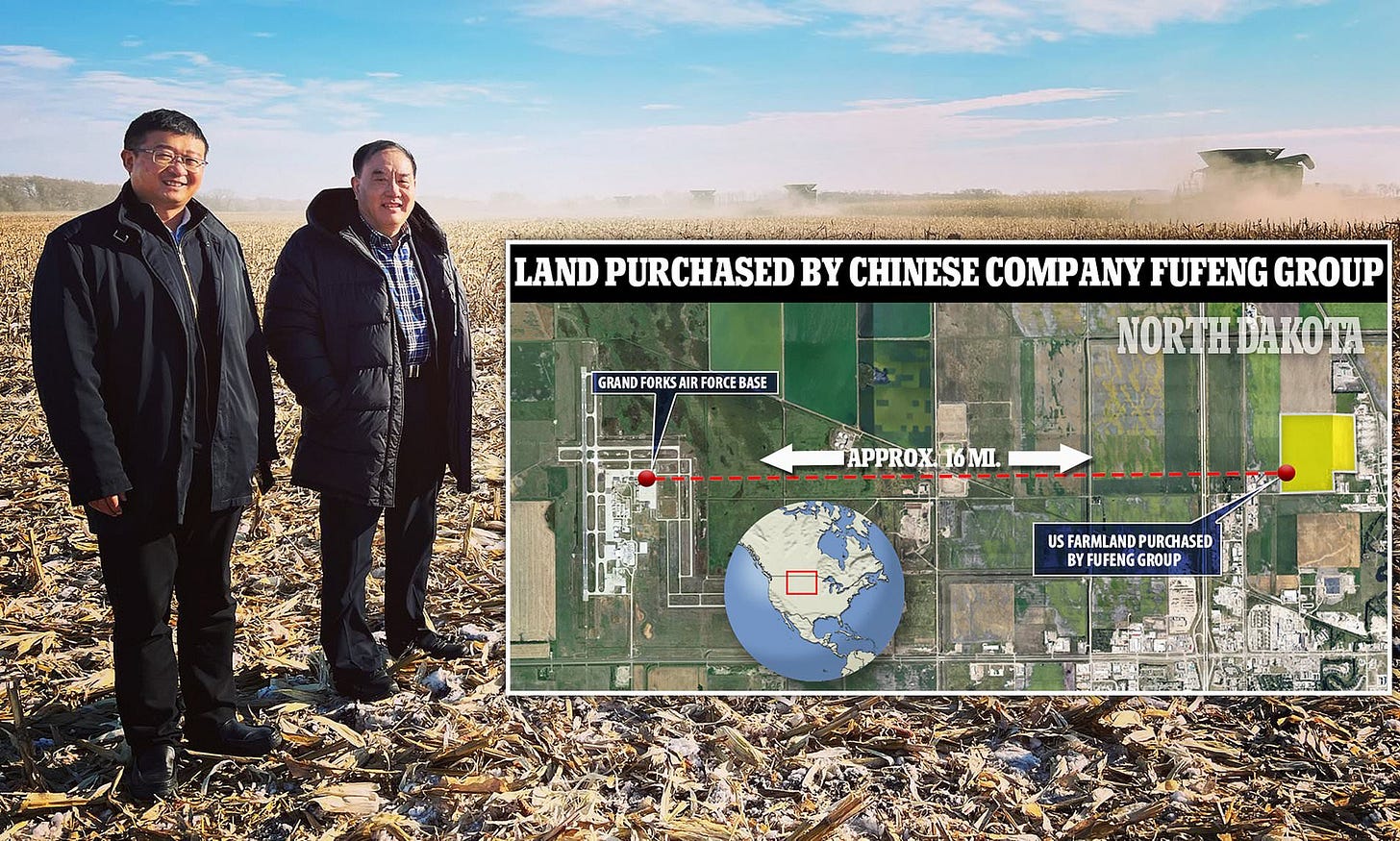
Smart farming, also known as precision agriculture or smart agriculture, has emerged as a major disruptive and transformative force in the agricultural sector.
This article explores the benefits and disadvantages of smart farms and precision agriculture, delves into the history and innovators behind the concept, identifies countries actively adopting the technology, and touches on the consequences faced by farmers opposing public-private partnerships.
A Brief History
Smart farming has its roots in the late 20th century when technology began to infiltrate agriculture. It gained momentum in the 21st century with the advent of advanced sensors, drones, and data analytics.
Individuals like Norman Borlaug, known as the father of the , laid the groundwork for precision agriculture by emphasizing the importance of data-driven farming.
Borlaug studied plant biology and forestry at the University of Minnesota and earned a Ph.D. in plant pathology there in 1942. He began working with the DuPont Company in 1942 but was soon recruited as a research scientist in charge of wheat improvement for the Rockefeller Foundation’s Cooperative Mexican Agricultural Program in Mexico, where he worked from 1944 to 1960.
Seeking to assist impoverished farmers who struggled with diseased and low-producing crops, Borlaug experimented with novel varieties of wheat, creating disease-resistant strains that could withstand the harsh climate.
That work was founded on earlier discoveries of ways to induce genetic mutations in plants, and his methods led to modern plant breeding.
The Architects Behind the Concept
The concept of smart farming owes much to pioneers like John Deere, which introduced GPS-guided tractors in the 1990s. Innovations in the Internet of Things (IoT) and data analytics have further fueled the movement.
Organizations like the World Economic Forum and the United Nations have also played pivotal roles in promoting smart farming as a sustainable solution to global food challenges.
Here are some notable contributors and organizations:
Norman Borlaug: Although primarily known for his work in the Green Revolution and improving crop varieties, Norman Borlaug laid the foundation for precision agriculture by emphasizing the importance of data-driven farming practices.
John Deere: The John Deere company played a pivotal role in the development of precision agriculture technology. They introduced the first GPS-guided tractor in the 1990s, which revolutionized farming practices.
USDA (United States Department of Agriculture): The USDA has been actively involved in research and development related to precision agriculture. They have funded numerous projects and provided valuable insights into the field.
Agricultural Universities and Research Institutions: Various universities and research institutions worldwide have contributed to the advancement of precision agriculture through research, experimentation, and the training of experts in the field.
Private Companies: Several private companies, such as Trimble, Ag Leader, and Monsanto (now Bayer), have developed and commercialized precision agriculture technologies, including GPS-guided machinery, soil sensors, and data analytics platforms.
Precision Agriculture Associations: Organizations like the Precision Agriculture Association have played a role in promoting and disseminating information about precision agriculture practices.
Smart Farms and Precision Agriculture
Precision agriculture and smart farming are both advanced approaches to modernizing agriculture, but they have distinct characteristics:
Precision Agriculture (PA): Precision agriculture is a data-driven farming approach that focuses on optimizing various aspects of farming, such as planting, fertilizing, and harvesting, based on detailed data and technology. It involves using tools like GPS, sensors, and data analytics to fine-tune farming practices.
The primary goal of precision agriculture is to enhance efficiency and productivity while minimizing resource wastage, such as water and fertilizers.
PA is often associated with precision equipment like GPS-guided tractors and variable rate technology.
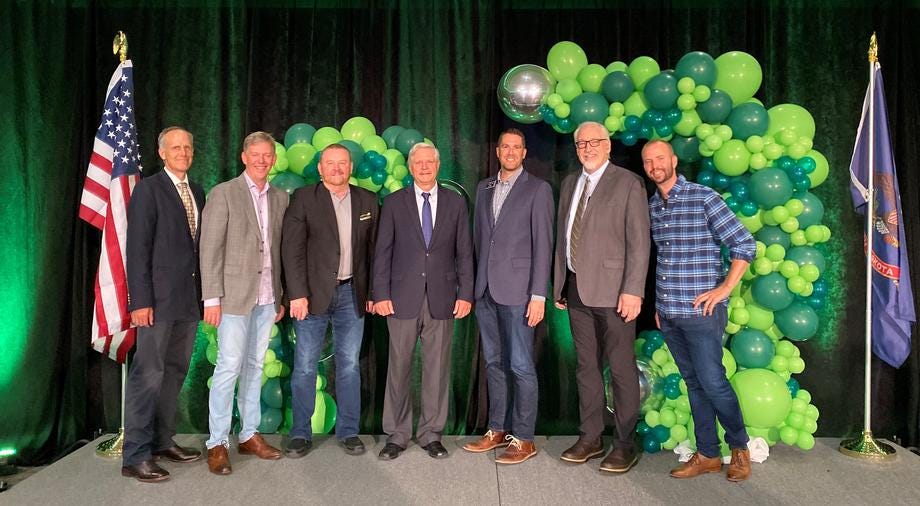
Smart Farming: Smart farming encompasses a broader scope of technology integration. It involves not only precision practices but also the use of information and data technologies for optimizing complex farming systems.
Smart farming goes beyond individual operations and involves the integration of data from various sources, including weather forecasts, soil conditions, and crop health, to make farming operations more predictable and efficient.
It may include aspects like automation, robotics, and the Internet of Things (IoT) to create a more interconnected and responsive farming ecosystem.
Countries Embracing Smart Farms
Several nations have embraced smart farming to enhance agricultural productivity and sustainability. The Netherlands is a leader in precision agriculture, employing techniques like vertical farming and sensor-based crop management.
Other countries, including the United States, Canada, Australia, and China, have also invested heavily in this technology.
The Netherlands has been at the forefront of implementing smart farming practices, driven by a commitment to sustainable agriculture and innovative technology. The country's approach to smart farming has focused on precision, efficiency, and sustainability.
Key aspects of its implementation include:
Precision Agriculture: The Dutch have embraced precision agriculture, utilizing advanced technologies such as GPS-guided tractors, sensors, and data analytics to optimize farming practices. This has led to increased crop yields, resource efficiency, and reduced environmental impact.
Vertical Farming: The Netherlands has pioneered vertical farming, enabling year-round production in controlled environments. Vertical farms use less land and water while maximizing crop output.
Cell-Cultured Meat: The Dutch have been leaders in cell-cultured meat production, an innovative approach that reduces the environmental footprint of meat production.
Seed Technology and Robotics: The Netherlands has introduced cutting-edge seed technology and robotics in agriculture, enhancing crop planting and harvesting processes.
Despite the many benefits of smart farming, there has been some resistance from the public:
Technological Concerns: Some individuals are wary of heavy reliance on technology in agriculture, fearing potential job displacement and loss of traditional farming practices.
Environmental Impact: While smart farming aims to reduce environmental impact, concerns exist about the ecological consequences of high-tech farming, such as energy consumption in vertical farms.
Access and Equity: Smart farming technologies can be expensive, potentially leaving small-scale farmers at a disadvantage and exacerbating disparities in the agricultural sector.
Cultural Attachment: Traditional farming practices hold cultural significance for some, leading to resistance against rapid technological changes.
However, the resistance from the population highlights the need for careful consideration of societal, economic, and environmental factors in the adoption of smart farming technologies.
In Grand Forks, North Dakota, there was a notable event involving the Chinese company Fufeng Group and their attempt to purchase land. Here is a summary of what happened:
Land Acquisition by Fufeng Group: In 2022, Fufeng USA, a subsidiary of the Chinese company Fufeng Group, made a significant land purchase near Grand Forks, North Dakota. They acquired approximately 370 acres of land for approximately $2.6 million with the intention of establishing agricultural operations.
National Security Concerns: This land acquisition raised concerns among U.S. officials and the public about national security. The location of the purchased land was only 12 miles away from the Grand Forks Air Force Base, which is home to military installations and sensitive facilities.
CFIUS Review: Due to growing national security concerns, several U.S. Senators called for a national security review of Fufeng Group's land purchase. The Committee on Foreign Investment in the United States (CFIUS) was involved in the review process.
CFIUS Decision: In December 2022, CFIUS made a decision regarding Fufeng USA's land purchase. Fufeng USA released a statement expressing their satisfaction with the outcome of the CFIUS review, indicating that they were allowed to move forward with their plans.
Continued Monitoring: The situation highlighted the importance of national security considerations in land acquisitions by foreign entities, especially in proximity to sensitive military sites. It also underscored the role of CFIUS in reviewing such transactions to protect national interests.
This case in Grand Forks exemplifies the complex considerations involving foreign land acquisitions in sensitive areas and the role of government agencies like CFIUS in safeguarding national security interests.
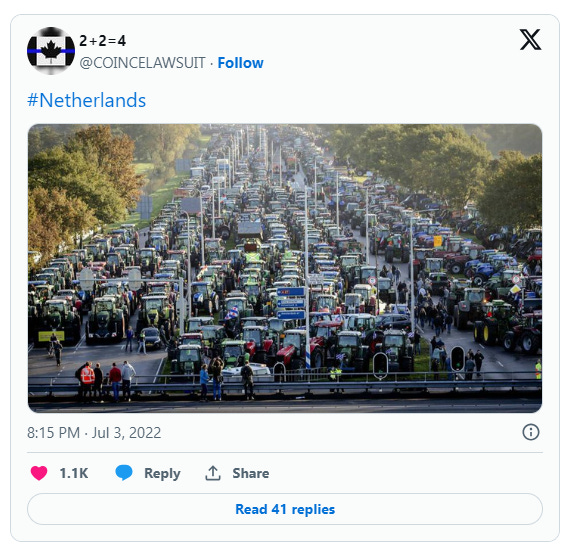
The Pros and Cons
Benefits:
Increased productivity and efficiency through data-driven decision-making.
Reduced resource wastage, including water and fertilizers.
Enhanced crop quality and yield.
Greater sustainability and reduced environmental impact.
Disadvantages:
High initial investment costs for technology implementation.
Data privacy and security concerns.
Limited accessibility for small-scale farmers.
The potential for job displacement due to automation .
Reliant on the state for food
No studies or science has been verfied or double-blinded proving Smart Farms or Precision Agriculture reduces climate change or increase food supply.
Farmers and Public-Private Partnerships
Farmers opposing public-private partnerships often face challenges.
In some cases, they may lose land through eminent domain or legal disputes. This is correct and eminent domain is being used as farmers are losing their land to Corporate Goverment Partnership who want to farm someone else’s property using AI and Robotics.
However, the fights, protests and outcome largely depends on local policies and regulations at this time. Many farmers have sought fair compensation and negotiated terms to protect their interests. Others have resisted only to have the state seize their land and contract it to a Public-Private entity.
In conclusion, smart farms offer promising benefits in terms of sustainability and productivity, but they come with their share of challenges. As countries around the world are embracing smart farming, the fate of families and farmers opposed to public-private partnerships are finding out they have very little public-private support with their tax dollars.






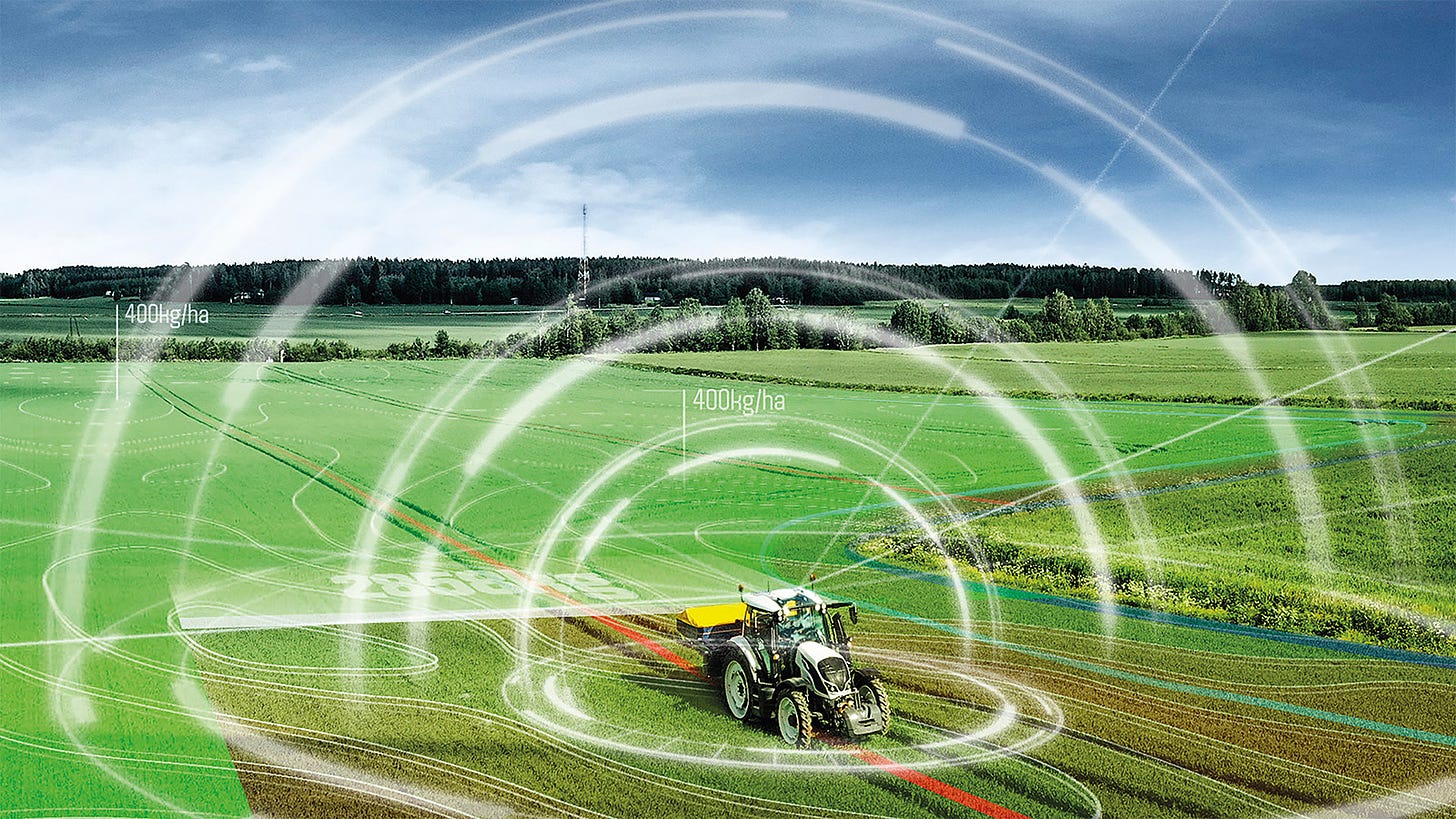
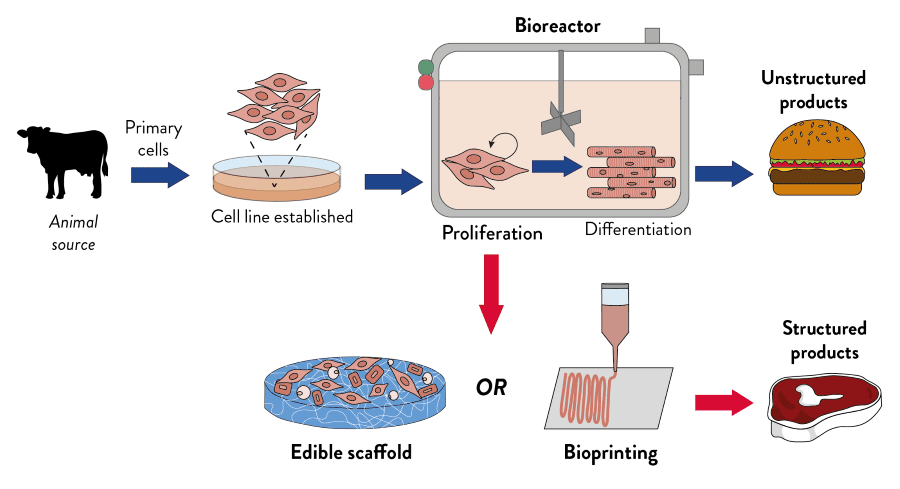
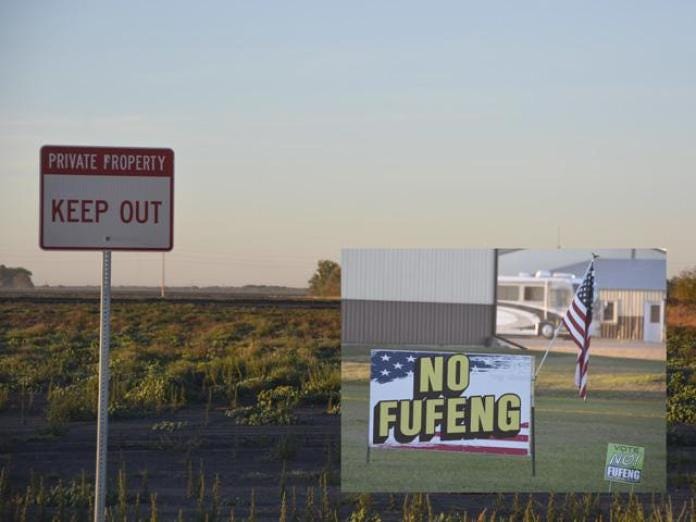









Share this post